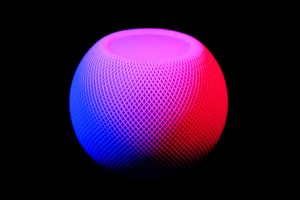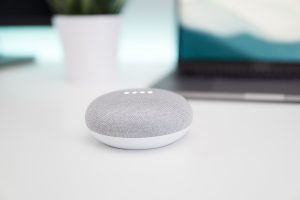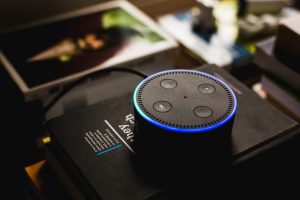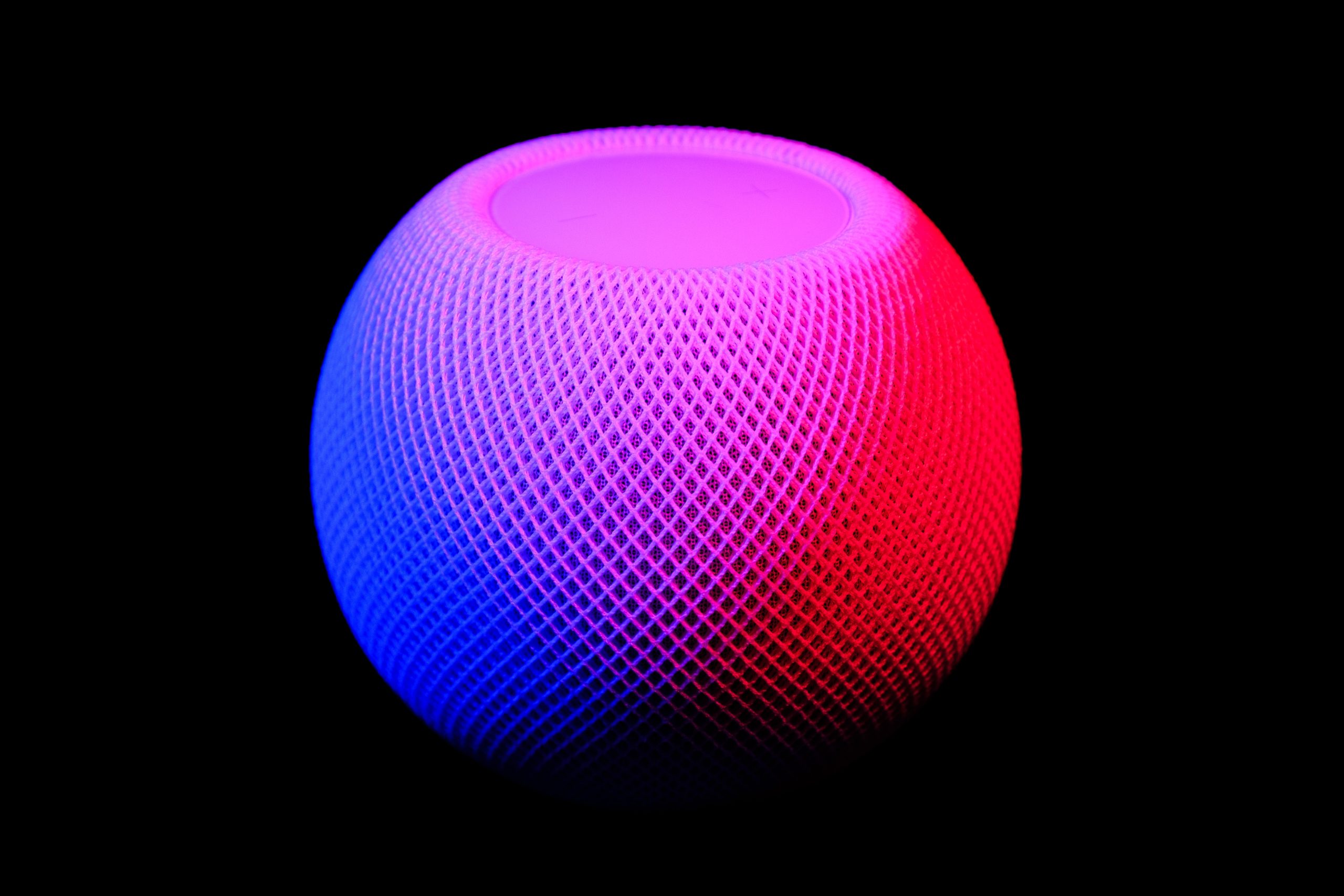The advent of smart technology has revolutionized the way we interact with our surroundings. Among these technological marvels, smart virtual assistants have emerged as the frontrunners, seamlessly integrating into our daily lives. Apple’s Siri, Google Home, and Amazon Alexa are three of the most prominent names in this domain. In this article, we will look into the features, capabilities, and differences of these three smart devices to provide a comprehensive comparison.
Siri: Apple’s Voice-Powered Virtuoso

Siri, the brainchild of Apple, has been a trailblazer in the world of virtual assistants since its introduction in 2011. Siri’s hallmark lies in its natural language processing capabilities, allowing users to communicate with it in a conversational manner. Siri is deeply integrated into Apple’s ecosystem, making it an ideal companion for users of iOS devices.
One of Siri’s strengths is its personalized suggestions. By analyzing user behavior, Siri can suggest relevant actions, applications, and even reminders. Additionally, Siri’s integration with HomeKit enables users to control smart home devices seamlessly through voice commands. However, compared to its competitors, Siri has sometimes struggled with understanding accents and complex sentence structures, leading to occasional misunderstandings.
Google Home: The All-Round Assistant

Google Home, powered by Google Assistant, offers a versatile and user-friendly experience. Google’s prowess in search algorithms and artificial intelligence makes Google Home adept at providing accurate answers to a wide array of queries. Its contextual understanding also enables follow-up questions, making interactions feel more natural.
A standout feature of Google Home is its integration with Google services. From accessing calendars to retrieving location-based information, Google Home excels at pulling data from a user’s Google account. Moreover, Google’s continuous learning algorithm ensures that the more you interact with the device, the better it understands your preferences.
Amazon Alexa: The Skillful Performer

Amazon’s Alexa is renowned for its extensive skills and compatibility with a vast array of third-party devices. This flexibility has made Alexa a staple in smart homes across the globe. Alexa’s “Skills” are essentially third-party apps that enable the device to perform a multitude of tasks beyond its basic functions.
One of Alexa’s strongest attributes is its Echo lineup, which includes various devices tailored to different settings. From the compact Echo Dot to the high-fidelity Echo Studio, users can choose a device that suits their needs and preferences. Alexa’s adaptive voice recognition ensures that it can understand and respond effectively even in noisy environments.
Comparative Analysis
1. Natural Language Processing and Understanding:
Siri pioneered natural language processing in virtual assistants, but Google Assistant has since caught up, offering more accurate responses due to Google’s search expertise. Alexa, while competent, sometimes lags in understanding complex sentences or non-native accents.
2. Integration and Ecosystem:
Siri’s seamless integration within the Apple ecosystem is unmatched, allowing it to control various Apple devices. Google Home offers excellent integration with Google services, but it might not be as tightly connected to third-party devices. Alexa shines in its compatibility with a plethora of smart devices, making it the top choice for creating comprehensive smart home setups.
3. Skill Sets and Capabilities:
Alexa’s extensive library of “Skills” sets it apart. These third-party integrations enable Alexa to perform an incredibly wide range of tasks, from ordering food to controlling smart appliances. While Google Assistant can handle various tasks, it sometimes lacks the third-party depth that Alexa offers. Siri, while growing in its abilities, is still catching up in terms of third-party integrations.
4. Privacy and Data Security:
Apple has positioned itself as a champion of user privacy, emphasizing on-device processing for Siri requests. Google and Amazon, on the other hand, collect more user data for improving their respective assistants’ performance, raising concerns about privacy.
In the rapidly evolving landscape of smart virtual assistants, Siri, Google Home, and Amazon Alexa have each carved their unique niches. Siri’s seamless integration within the Apple ecosystem and natural language capabilities make it a favorite among iOS users. Google Home’s versatility, search prowess, and contextual understanding enhance its user experience, while Amazon Alexa’s skill library and compatibility with third-party devices make it a standout choice for extensive smart home control.
Ultimately, the choice between these virtual assistants depends on the user’s individual preferences, priorities, and existing tech ecosystem. As these technologies continue to advance, it’s exciting to envision how they will redefine our interactions with technology and reshape our daily lives.



